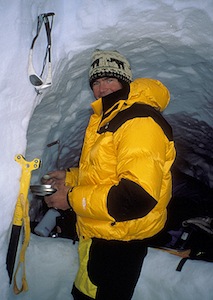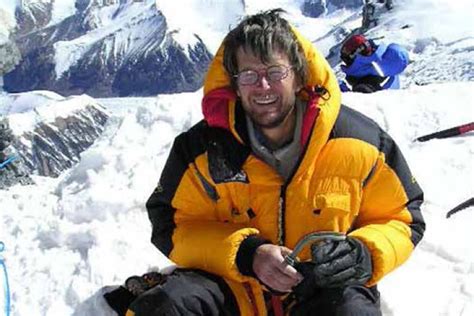A Quote by Richard Paul Evans
There are two kinds of people. Those who climb mountains and those who sit in the shadow of the mountains and critique the climbers.
Related Quotes
The tops of mountains are among the unfinished parts of the globe, whither it is a slight insult to the gods to climb and pry intotheir secrets, and try their effect on our humanity. Only daring and insolent men, perchance, go there. Simple races, as savages, do not climb mountains,--their tops are sacred and mysterious tracts never visited by them. Pomola is always angry with those who climb the summit of Ktaadn.
Before practicing meditation, we see that mountains are mountains. When we start to practice, we see that mountains are no longer mountains. After practicing a while, we see that mountains are again mountains. Now the mountains are very free. Our mind is still with the mountains, but it is no longer bound to anything.
The famous Zen parable about the master for whom, before his studies, mountains were only mountains, but during his studies mountains were no longer mountains, and afterward mountains were again mountains could be interpreted as an alleory about [the perpetual paradox that when one is closest to a destination one is also the farthest).
Before I had studied Zen for thirty years,
I saw mountains as mountains,
and waters as waters.
When I arrived at a more intimate knowledge, I came to the point where I saw that mountains are not mountains,
and waters are not waters.
But now that I have got its very substance
I am at rest.
For it's just that
I see mountains once again as mountains,
and waters once again as waters.


































